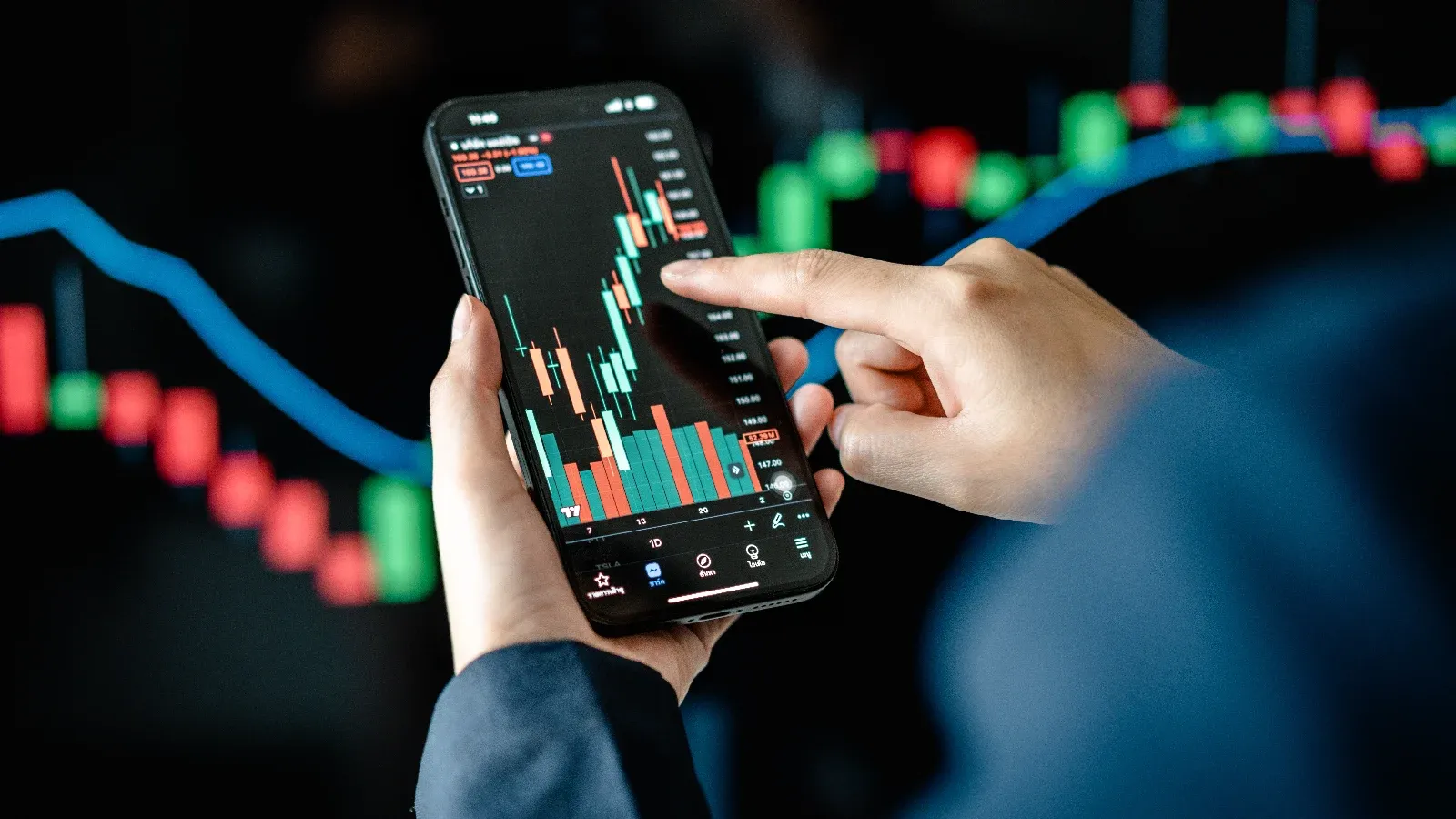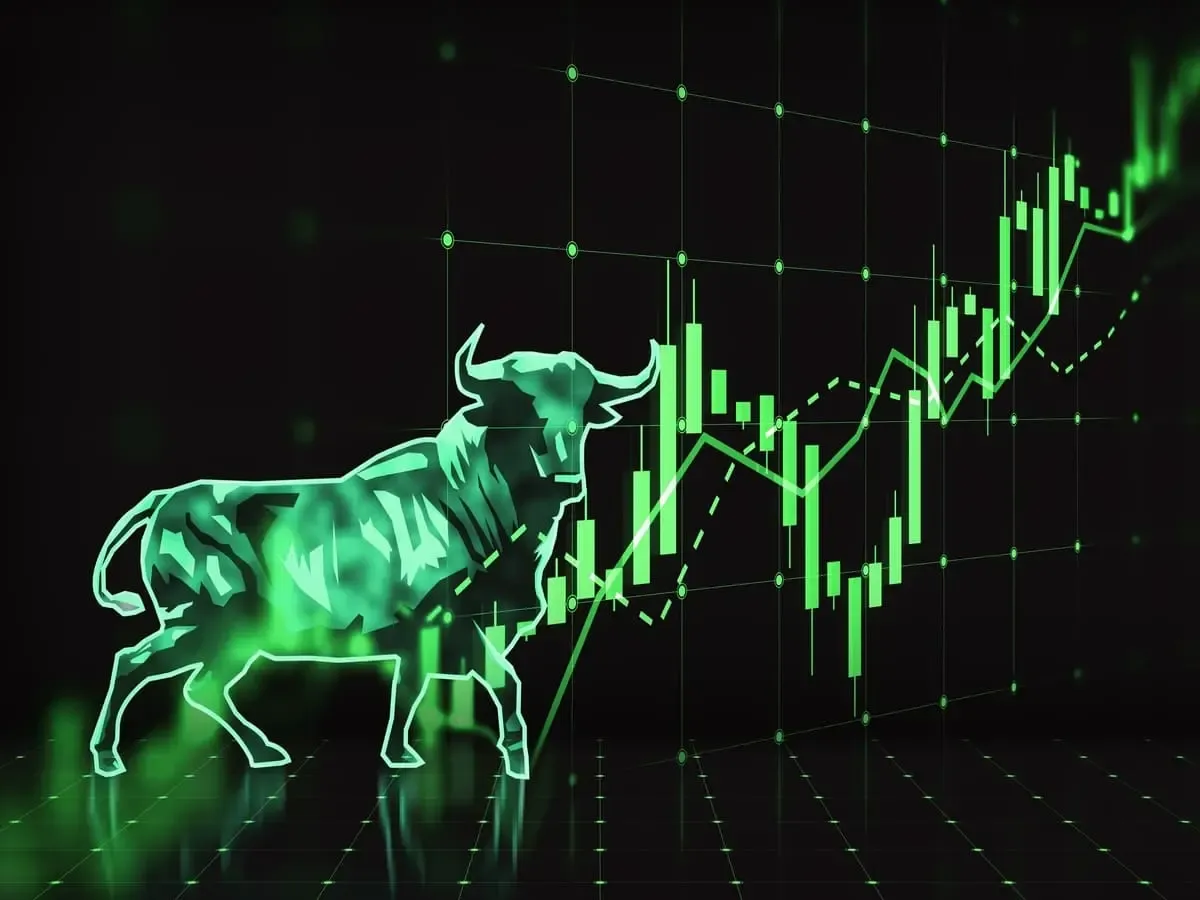Market News
Tata Steel, JSW Steel scale 52-week peaks as Nifty Metal surges 1.5%: Factors behind the rally

4 min read | Updated on October 28, 2025, 14:34 IST
SUMMARY
Welspun Corp (1.97%), Steel Authority of India (1.92%) and Hindalco Industries (1.15%) were the other top gainers. Further, APL Apollo Tubes (0.59%), Adani Enterprises (0.46%) and NMDC (0.38%) were also trading higher

Metal stocks rallied on Tuesday, tracking a rise in global metal prices. Image: Shutterstock
Metal stocks have been in the spotlight on Tuesday, October 28, with Nifty Metal rallying 1.5% to an intraday high of 10,624.65. It was the top mover among sectors.
At 1:45 PM, the Nifty Metal index was trading 1.28% higher, with Jindal Steel (4%) leading the index. Tata Steel, which hit its 52-week high of ₹182 per share, was another top contributor, climbing 2%.
JSW Steel shares also zoomed 2.5% to their one-year high of ₹1,179.80 apiece as the firm is ramping up efforts to enhance its in-house raw material availability through a mix of domestic expansion and strategic offshore acquisitions, Joint Managing Director and CEO Jayant Acharya said.
Welspun Corp (1.97%), Steel Authority of India (1.92%) and Hindalco Industries (1.15%) were the other top gainers. Further, APL Apollo Tubes (0.59%), Adani Enterprises (0.46%) and NMDC (0.38%) were also trading higher.
Meanwhile, Hindustan Zinc (-2.37%), Hindustan Copper (-1.46%), Lloyds Metals and Energy (-0.95%), Jindal Stainless (-0.49%), Vedanta (-0.33%) and National Aluminium Company (-0.26%) were the laggards on the index.
Here are the key factors behind the rally
US-China trade talks
President Donald Trump indicated that he expects to reach a new trade agreement with Chinese President Xi Jinping during their meeting on the sidelines of a Pacific Rim summit in South Korea later this week. Such a deal could help ease trade tensions that have unsettled global markets and disrupted businesses since his return to the White House.
The United States and China are not going to resolve all the issues that divide them before presidents Donald Trump and Xi Jinping meet Thursday.
But they are likely to make enough progress on China's stranglehold on strategic minerals, American export controls and other nettlesome problems to calm financial markets and prevent their rivalry from doing much more economic damage for now.
The two countries sent out reassuring signals over the weekend that an agreement was drawing closer.
A potential US–China trade deal could benefit India’s metal sector in several ways. A deal between the world’s two largest economies would reduce uncertainty in global trade, stabilising demand and prices for industrial metals like steel, aluminium, and copper.
Federal Reserve rate cut anticipation
Market participants are expecting the US Federal Reserve to announce a 25-basis-point rate cut this week — the second one this year — as policymakers aim to cushion the economy amid signs of a slowdown in the labour market.
A quarter-point rate cut on Wednesday, at the conclusion of the Fed’s two-day policy meeting, would bring the benchmark rate to a range of 3.75%–4.00%. Reuters reported that the financial markets are also pricing in additional rate cuts in December and January.
A Fed rate cut typically benefits Indian metal stocks by enhancing global liquidity, driving up metal prices, and improving investor sentiment. However, the sustainability of the rally depends on whether the rate cut reflects growth stimulus or economic weakness.
Global metal prices
Metal stocks rallied on Tuesday, tracking a rise in global metal prices. According to media reports, copper prices climbed above $10,600 per tonne, aluminium hovered near $2,850, and iron ore remained firm, supported by a weaker dollar and tightening supply conditions.
Open house for steel importers
Last week, the government had called for an open house to discuss issues related to steel imports with industry stakeholders on October 27. Though the update has not been shared yet, this has added to the optimism among market participants.
Companies and associations were to present their issues in the open house scheduled for October 27 in Delhi. The development comes at a time when domestic players have been complaining about cheap imports affecting their competitiveness.
The Reserve Bank of India (RBI) has also noted that steel imports have seen a surge, largely driven by lower import prices. It has also called for policy support to boost the competitiveness of domestic steel production.
Related News
About The Author
Next Story



